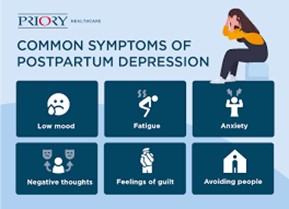A nurse is caring for a client who is experiencing a crisis. Which of the following actions should the nurse take first?
Refer the client to crisis intervention services.
Determine the client's previous methods of coping with crisis.
Discuss with the client the cause of the crisis.
Assist the client to develop strategies to overcome the crisis.
The Correct Answer is B
Choice A rationale:
Referring the client to crisis intervention services might be necessary, but before doing so, the nurse should gather information to understand the client's current situation and coping mechanisms.
Choice B rationale:
Assessing the client's previous coping methods helps the nurse understand the client's strengths and provides insights into potential strategies for managing the crisis effectively.
Choice C rationale:
Discussing the cause of the crisis might be helpful, but it's important to first assess the client's current coping abilities and resources.
Choice D rationale:
Assisting the client in developing strategies to overcome the crisis is important, but it should come after a thorough assessment of the client's current coping mechanisms and situation.
Nursing Test Bank
Naxlex Comprehensive Predictor Exams
Related Questions
Correct Answer is D
Explanation
Choice A rationale:
Hot flashes are not typically associated with postpartum depression; they are more related to hormonal changes.
Choice B rationale:
Intermittent abdominal pain is common after childbirth due to uterine contractions and involution.
Choice C rationale:
Blurred vision is not a typical symptom of postpartum depression.
Choice D rationale:
Feelings of intense guilt are indicative of postpartum depression and require further investigation.

Correct Answer is C
Explanation
Choice A rationale:
A 64-year-old client taking estrogen supplements does not necessarily indicate a greater risk for infection compared to the other options.
Choice B rationale:
A 70-year-old client with COPD does not necessarily indicate a greater risk for infection compared to the other options.
Choice C rationale:
A 28-year-old client with a left arm fracture is at greater risk for infection due to the open wound and potential introduction of pathogens.
Choice D rationale:
A 53-year-old client with a thin build does not necessarily indicate a greater risk for infection compared to the other options.
Whether you are a student looking to ace your exams or a practicing nurse seeking to enhance your expertise , our nursing education contents will empower you with the confidence and competence to make a difference in the lives of patients and become a respected leader in the healthcare field.
Visit Naxlex, invest in your future and unlock endless possibilities with our unparalleled nursing education contents today
Report Wrong Answer on the Current Question
Do you disagree with the answer? If yes, what is your expected answer? Explain.
Kindly be descriptive with the issue you are facing.
